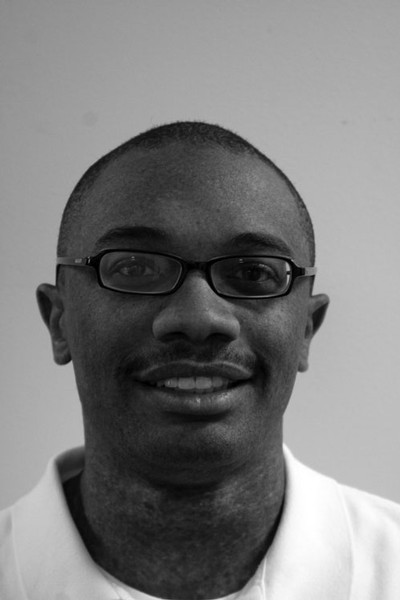
Making sacrifices for a safer city
There has been recent debate swirling around Dallas City Hall regarding the issue of placing surveillance cameras around the city. The Dallas City Council already approved a grant allowing for surveillance cameras to be installed in downtown Dallas.
The main debate now is whether or not to put similar cameras in areas of southern Dallas, which is known for having the city’s highest crime rate. Residents in southern Dallas voiced their concerns this week about the proposed installation of cameras, fearing it is a violation of privacy.
This camera system being proposed is more properly known as closed-circuit television. CCTV is already widely used in most public places throughout the United Kingdom. There has been a tremendous benefit to installing CCTV systems in parking lots in the United Kingdom. There has been convincing evidence that there is a drop in the rate of car crimes when CCTV warnings are posted at parking lots.
This effect was also seen right here in Dallas. A trial system of CCTV cameras was tried in Deep Ellum last year. Deep Ellum has become notorious in recent times for the string of armed robberies and car-related crimes occurring in parking lots. After the trial run, crime dropped by 9 percent in the Deep Ellum area. This can be attributed to the aid of CCTV.
The cameras already used at stop light intersections and toll plazas around the area have been very effective in catching offenders who run red lights or refuse to pay the toll. One lady in Dallas with about 1,500 tollway violations was not let off the hook and has only a few months to pay her fines.
CCTV’s potential may be stronger in identifying and apprehending suspects who commit or attempt to commit crimes. CCTV was used in identifying the perpetrators of the failed July 21, 2005 London bombings. The (London) Metropolitan Police released images of the suspects to the media. The Met was also able to identify two of the suspects by name a few days later from using the images. Within a week, the police had all four of the suspects in custody.
At the same time, CCTV also has the ability to right some wrongs committed by law enforcement officials. In the aftermath of those same attempted bombings on July 21, a Brazilian electrician living in London named Jean Charles de Menezes was shot to death on the London Underground by police officers who had mistaken him for one of the suspects. CCTV records later showed that Menezes was not acting in a suspicious manner before he was shot, contrary to reports from police officials. This shows that CCTV not only is useful in fighting crime but also in combating police brutality.
Critics of this system make valid points of an Orwellian effect of having CCTV in your life whenever you go out into public. These criticisms most likely ring true when it comes to the thought of people placing cameras in dressing and locker rooms. This is the case with a fitness center in Calgary, Alberta where the company that runs the center can legally monitor those places.
I believe there is obviously a limit to where CCTV cameras should be installed. But, when placed properly and not causing infringement to guaranteed privacy, such as in changing rooms and restroom, there is no serious concern to CCTV.
I am personally willing to swipe my identification card through a reader to enter the library after 10 p.m., knowing there will be a record of me entering that building at that time of day, just to have an added layer of security.
While I have never been personally the victim of a crime, I am sure those who have qualms about a CCTV system in Dallas would change their mind the moment they are the victim of an armed robbery or when they discover that someone has broken into their car.
Given that Dallas is consistently ranking among the top of the list on crime in big cities, it needs these cameras more than ever. It takes more than a weekly reality show on A&E about the Dallas SWAT team to make me feel safer.
We want the police to protect us from crime, but at the same time we tie their hands when we are worried that we are in danger when a camera is visible on Main Street.
I for sure would feel more in danger if that camera was not there. At the same time, we must keep in mind that surveillance in all areas of life is not absolute and should only be placed in areas that serve the public good.
Overall, the benefits of a CCTV system in Dallas outweigh the costs. The residents in southern Dallas should keep this in mind.
Shaun Wyche is a senior political science major. He may be reached at swillia@smu.edu.








